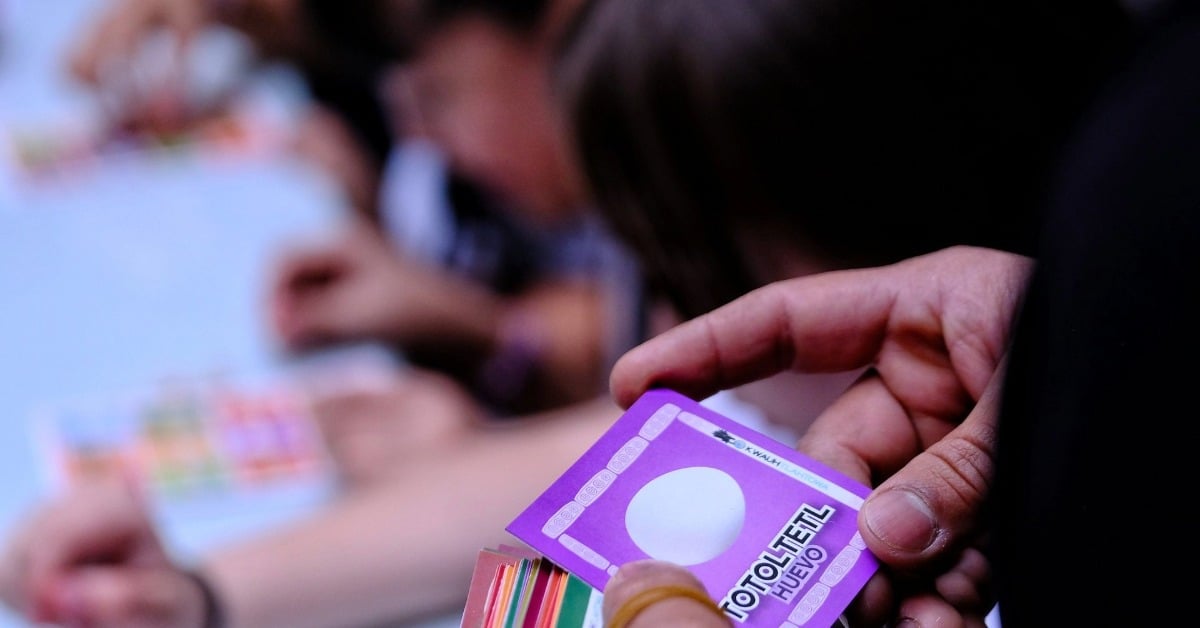Jalisco will hold its first State Meeting of Indigenous Languages and Literatures from August 13–15 to promote and preserve native languages . . .


Jalisco will hold its first State Meeting of Indigenous Languages and Literatures from August 13–15 to promote and preserve native languages . . .
